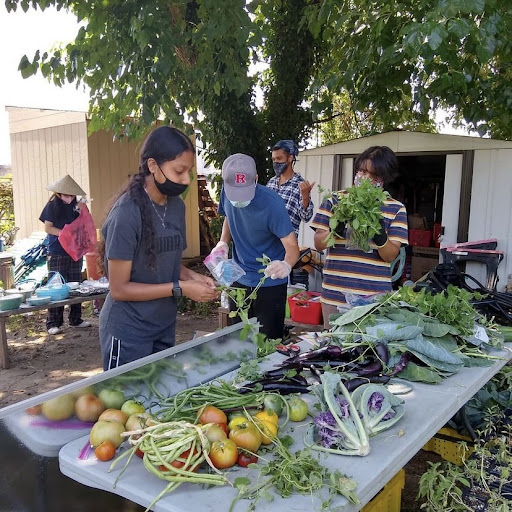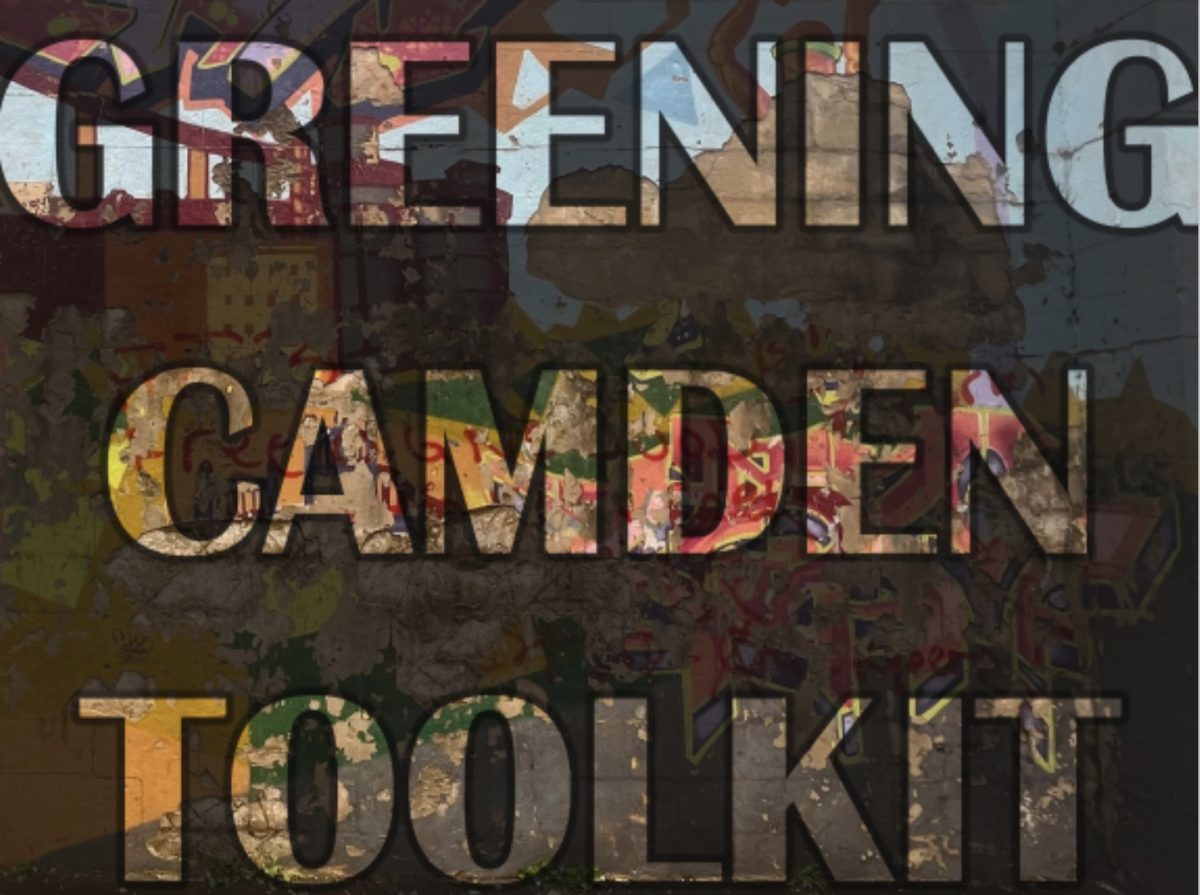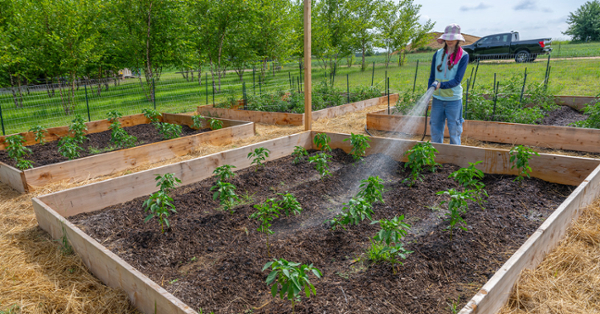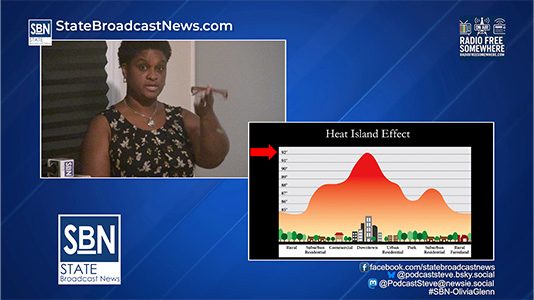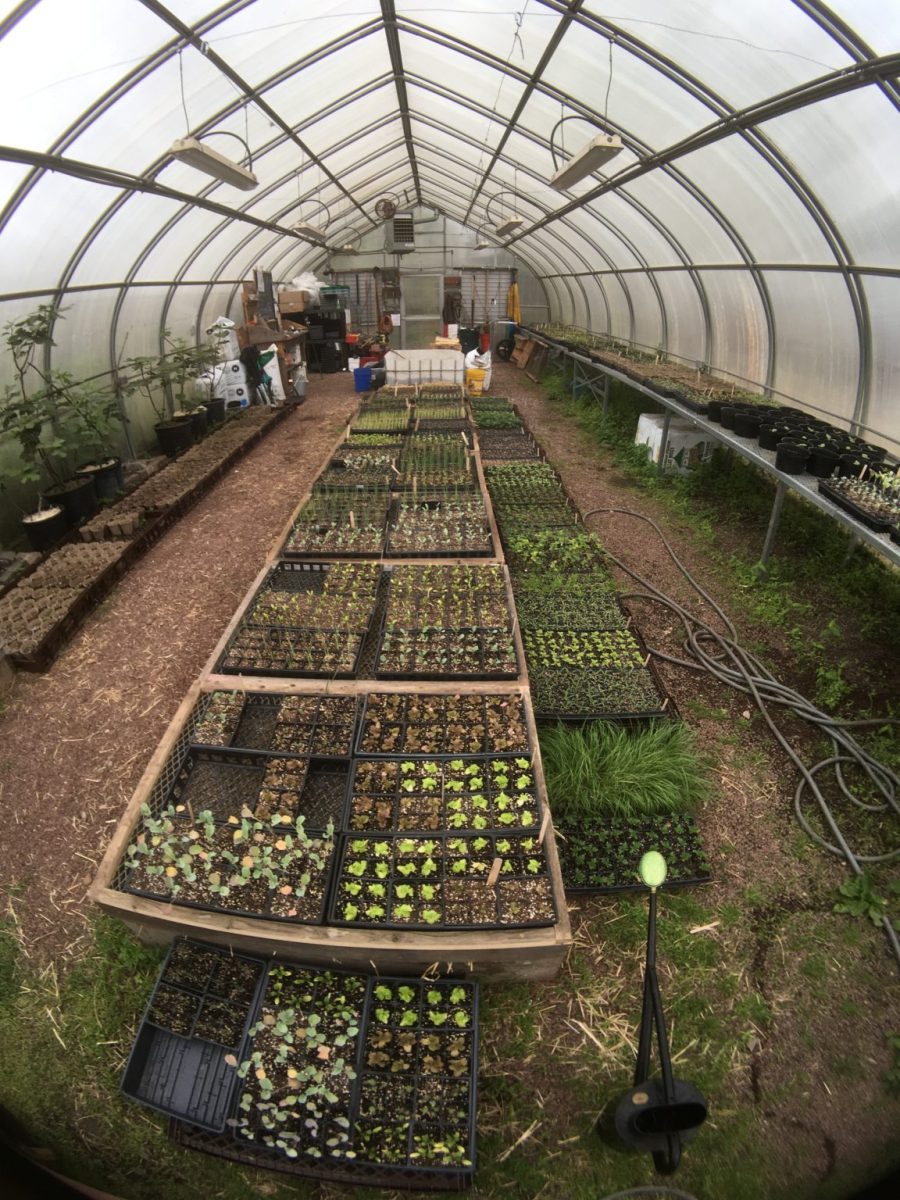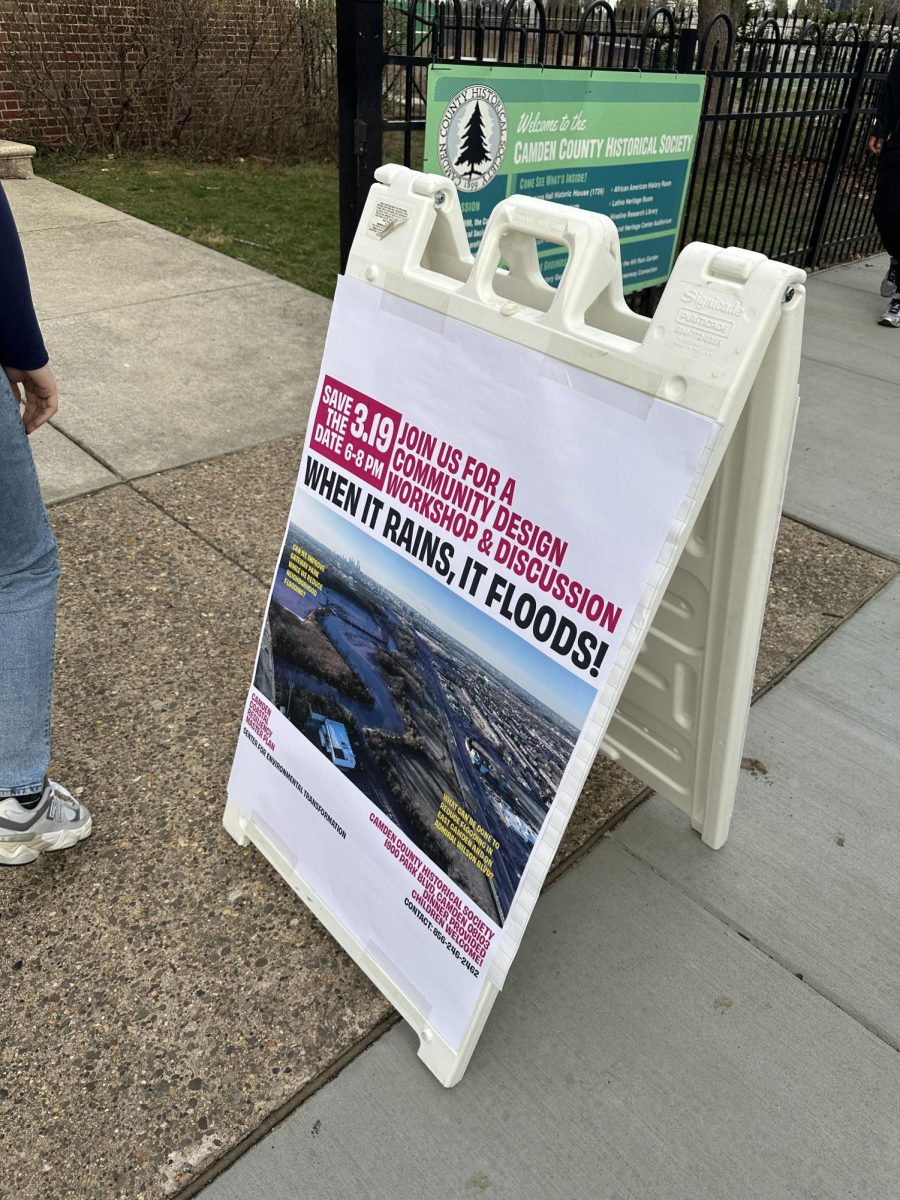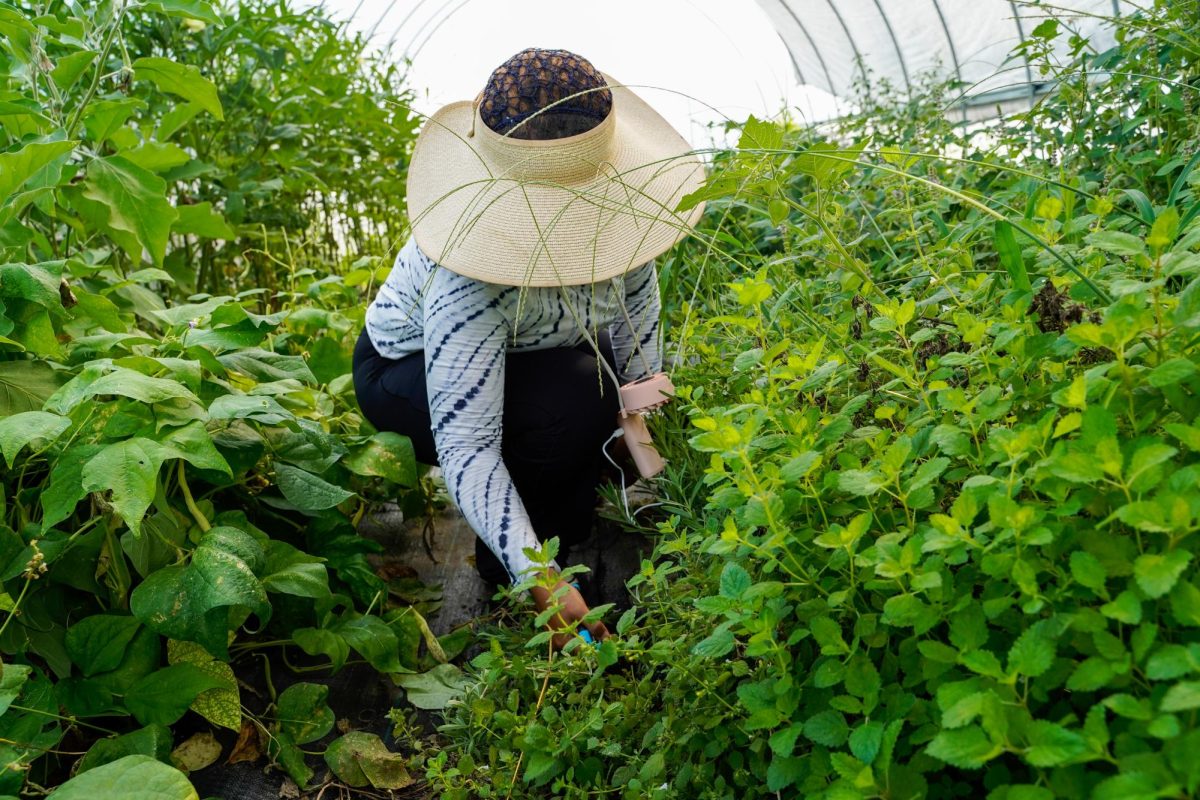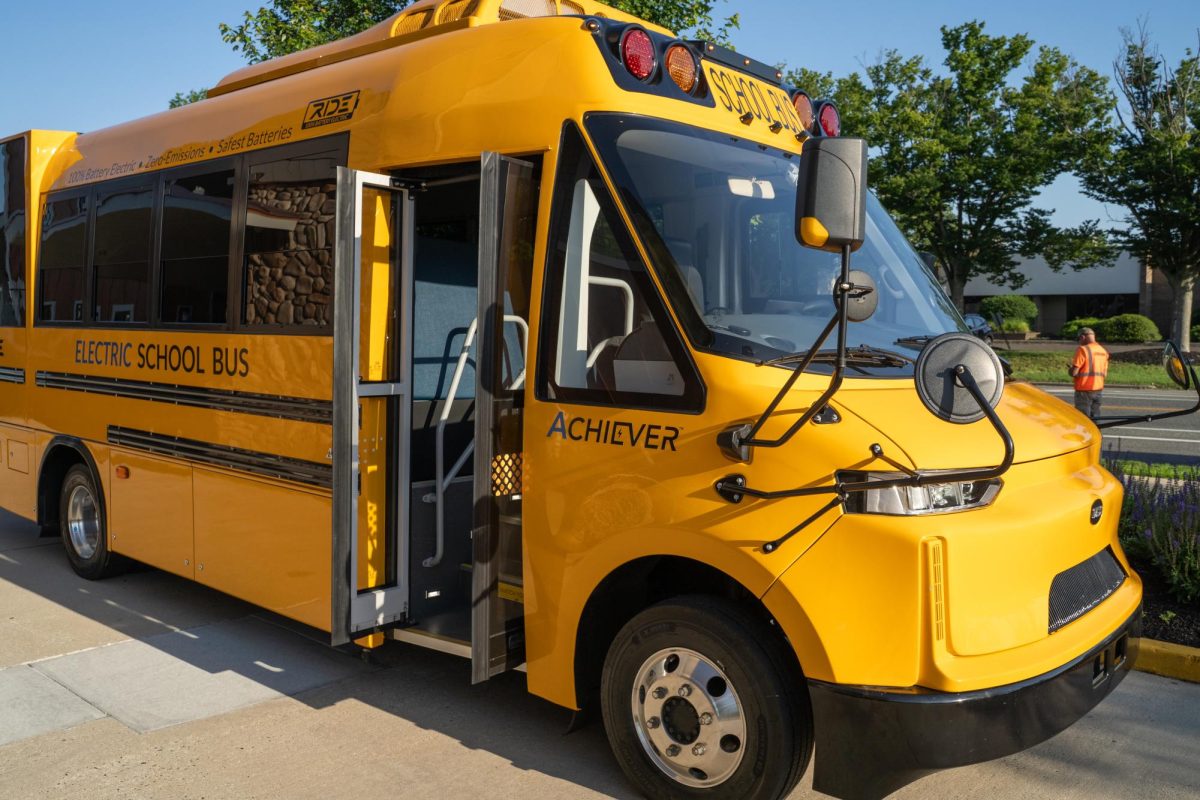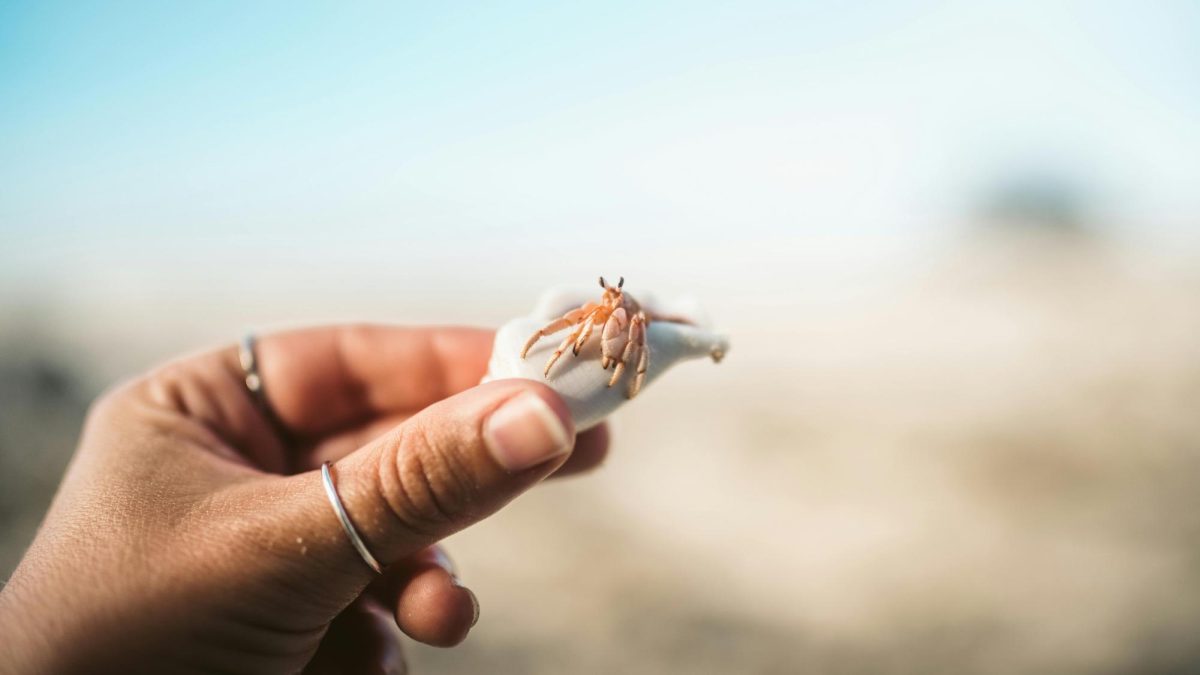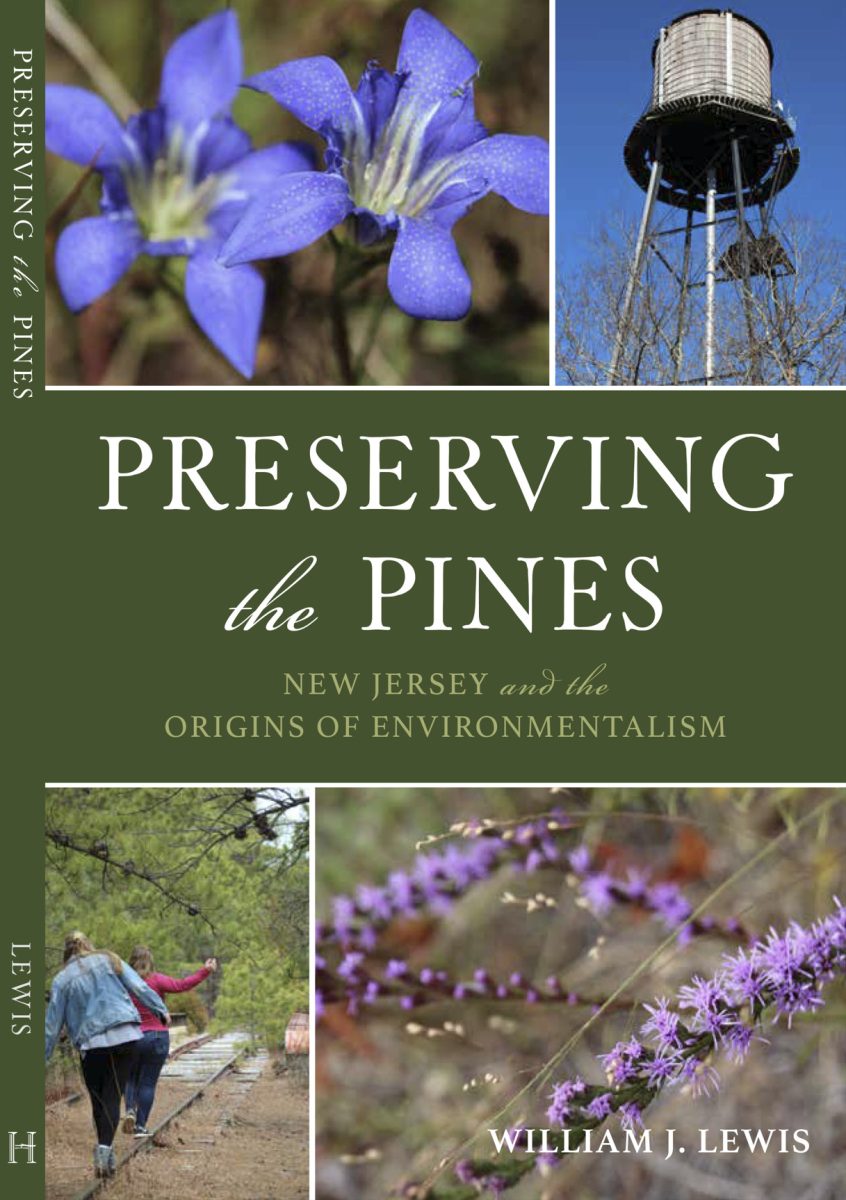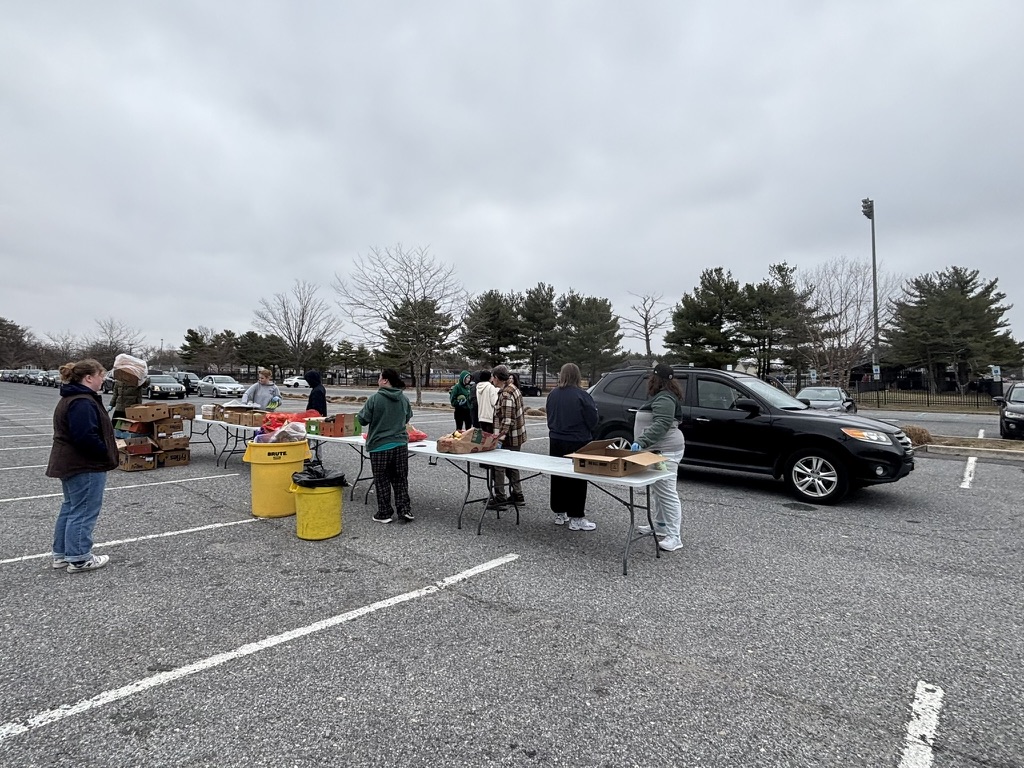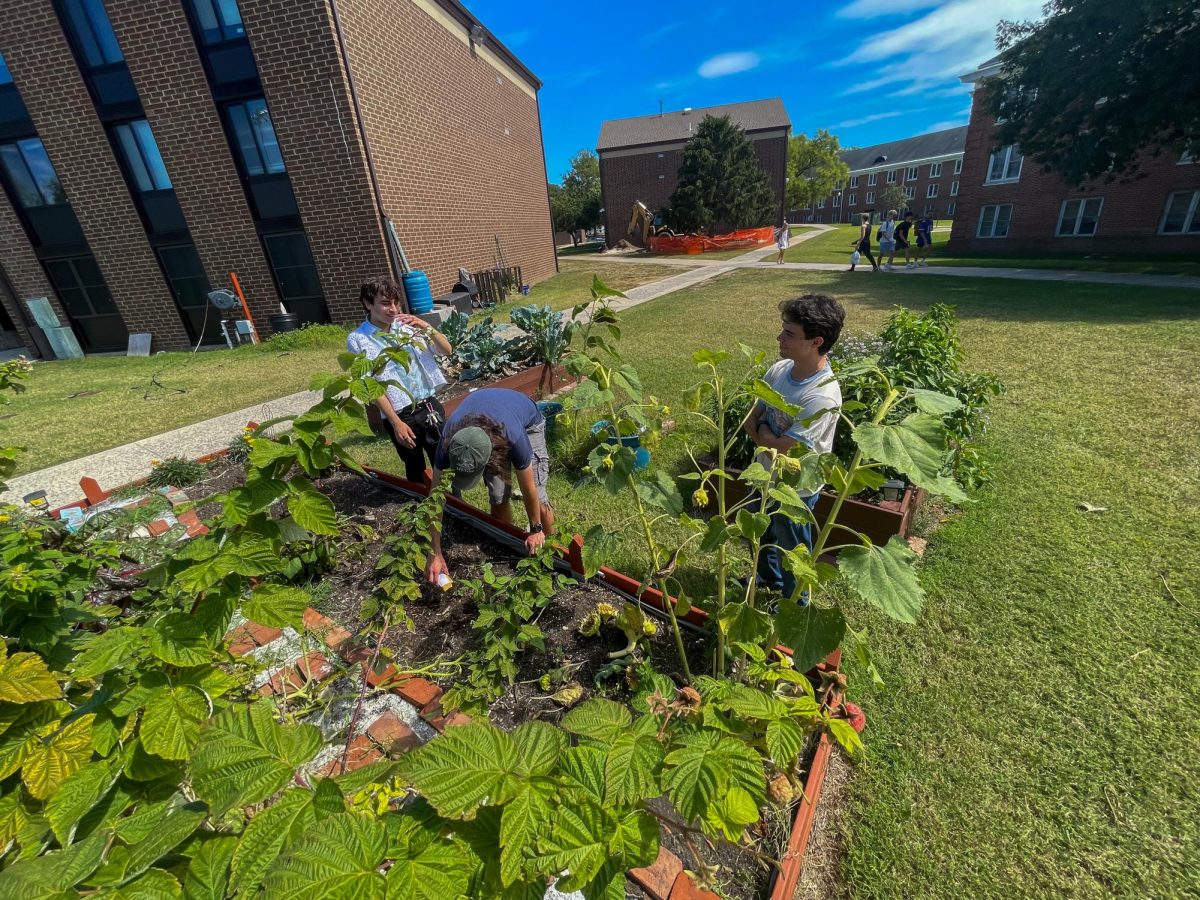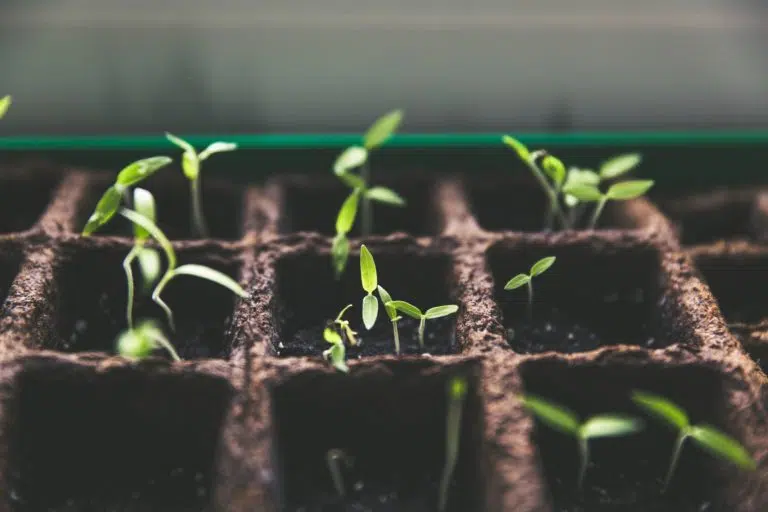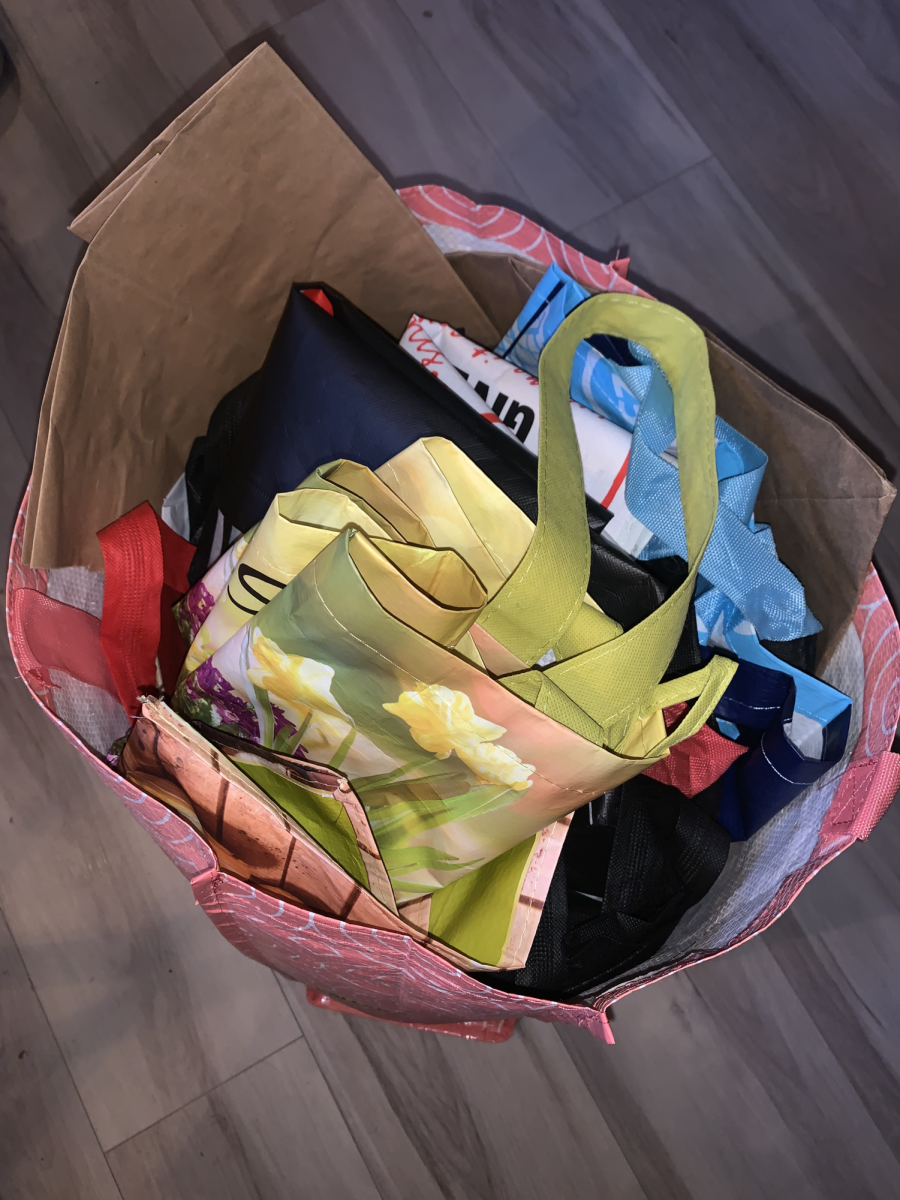Grassroots community organization Vietlead began as a mission to address disparities within the Vietnamese and overall Black, Indigenous, and people of color communities of Camden. Vietlead cultivates cultural resilience, community self-determination, multigenerational healing, and Vietnamese leadership in solidarity with working-class communities of color.
Led by community members with linguistic and cultural competencies, the organization “strategically achieves its mission through policy advocacy and community organizing around intergenerational farming,” said Thao Tran, spokesperson for Vietlead, as well as “youth leadership, health navigation, and civic engagement.”
“In 2012,” said Tran, “a group of Vietnamese elders in Camden County, primarily within low-income neighborhoods of Camden, launched a community garden to meet the needs of Camden’s large, primarily low-income, limited-English speaking Vietnamese refugee population.”
Thus, as part of an ever-growing initiative in Camden to foster food sovereignty, Vietlead’s Resilient Roots program was born.
“The program addresses food insecurity and lack of access to fresh quality food in Camden,” Tran explained, “as well as the need for youth employment, community education, and training while working alongside elders and children at Resilient Roots Community Farm.”
The program builds multilingual, multiracial, and intergenerational workshops for the community, while increasing awareness and unity around urban agriculture, nutrition, and social justice.
The mission of the organization also is aligned with efforts to address climate change.
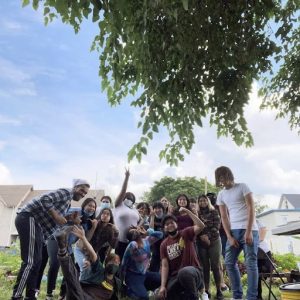
An article from The Global Greengrants Fund stated that industrial agriculture is grounded in the use of fossil fuels and high energy consumption. Contrarily, the article expresses that food sovereignty is key for a new relationship with nature: the ability for people to sustainably control their access to food over time means greater resilience and less vulnerability in times of crises. A regenerative approach ensures that natural resources are not being depleted to the point of collapse. Food sovereignty is an important strategy in the fight to avoid climate catastrophe. The current food system is both impacted by and contributing to the climate crisis, loss of biodiversity, erosion of rural livelihoods, and the contamination of land and water.
As mentioned in the article, panelists of the 2021 Intergenerational Spring Seminar hosted by the Unitarian Universalist Association Office at the United Nations emphasized the importance of expanding forests to mitigate climate change. The current agricultural system requires forests to be burned down so cattle and other livestock can graze. This is extremely harmful for the planet. It destroys lush carbon-capturing forests and their essential biodiversity. Also, cows emit methane, which is more than 25 times as potent as carbon dioxide at trapping heat in the atmosphere, according to the Environmental Protection Agency.
“Globally, the food system is toxifying and corroding the life-giving capacity of our air, water, and soil,” Tran stated. “It is perpetuating despair and destitution for all land based peoples. There has never been a time in history when mass hunger and famine has been sustained at this scale. Our food system establishes corporate and imperial control over land and living beings, so as to make it easier to remove people from land and enact vandalism and pillaging.”
Roots in Camden
Tens of thousands of Southeast Asian (SEA) refugees resettled in resource-poor areas of Camden County after fleeing the Vietnam War and genocide in Cambodia in the late 1980s. Today, Vietnamese people make up 80% of the Asian population in Camden City. This population is mostly elderly. Younger populations are concentrated in Pennsauken Township.
A generational gap has developed between the Vietnamese youth raised in America and refugee elders traumatized by war and displacement. This is a cause of family health issues like barriers to accessing health knowledge due to limited English proficiency and culturally relevant information, health disparities due to limited access to resources, and loss of growing and cooking practices due to displacement and disempowerment.
“While this is bleak,” Tran expresses, “we have learned that SEA refugees have grown and cooked their cultural crops with remarkably little resources to meet their cultural healing needs, despite the burden of poverty.
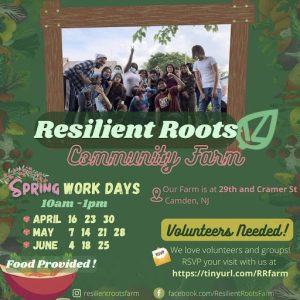
“The current capitalist industrial food system is inherently exploitative and extractive,” Tran added. “It is rooted in white supremacy, settler colonialism, genocide of Indigeneous peoples, forced enslavement of African peoples, global land theft, and exploitation of Black and Brown people as its expendable labor force. Colonialism requires the destruction of ancestral and traditional foodways in order to supplant the colonist food system as the primary system.
“In Camden,” Tran continued, “the colonial food system looks like food apartheid. Many residents who are Black and Brown are systematically denied access to affordable nutritious food, from the saturation of fast food and diet related illnesses, to the lack of culturally appropriate foods and medicines.
“In our homeland of Vietnam,” Tran added, “this has looked like French occupation, mass land clearings for labor camps and plantations, carpet bombing and chemical warfare waged on our fields during the U.S. invasion of SE Asia, and the ongoing poisoning of waterways and fishing villages by petrochemical companies [that are] backed by European firms.
“As Camden is systematically disinvested in and what remains is gobbled up by private interests,” said Tran, “residents have found ways to survive.”
Scholar and environmental activist Vandana Shiva stated that the food system is a form of mass control—those who control the food system control the population it feeds and does not feed.
Climate Change and Resiliency
In February, the Intergovernmental Panel on Climate Change released the second part of the Sixth Assessment Report, “Climate Change 2022: Impacts, Adaptation and Vulnerability, the Working Group II Contribution.” It examines the impacts of climate change on people, and acknowledges colonialism as a driver of the climate crisis, something that many BIPOC climate activists have been speaking about for decades.
Regarding this, Tran said “much of the response to the climate crisis has been about reducing greenhouse gas emissions while still protecting the status quo of imperial powers.”
They expressed excitement about the possibility of land rematriation and wealth reparation strategies becoming front and center, advancing food sovereignty initiatives long fought for by land defenders all over the world, and here in the U.S. through the traditions and practices of Black and Indigenous people.

“The Farm and Food Sovereignty program uplifts our community’s food resiliency, as peoples whose ancestral roots are based in the landed peasantry,” Tran said. “We affirm our community’s right to choose how we grow food; [the right to] save seed, [and] pass on knowledge of growing and cooking to secure a future where generations to come determine their own foodways and define their own healing to the land.
“We do this work intergenerationally and in community, building racial solidarity across displaced peoples,” Tran said. “We do this work in the immediate vicinity of where folks live and center their joy. Folks can access food, healing, [and] safety in this small 1/4 acre of what used to be an abandoned lot.
“Start anywhere,” Tran suggested to those wanting to take action, “especially [the] community you live, work and play in!” Tran added, “The silver lining in disastrous times is that there are so many ways to take care of each other. Many people are already self organized without institutional recognition,” and there are many more people, said Tran, who would be excited to join a project like, say, adopting the sunny dump site down the block, or creating a seed share.
“People of migrant settler heritage may also consider contributing with a generous spirit to the Lenapehoking Land Acknowledgement Honorarium to support Nanticoke Lenni Lenape lifeways,” they added.
There are also many existing seed sharing networks to access and share heirloom climate-adapted seeds from BIPOC growers all over the region. One such place is the Seed Library in the Asian Arts Initiative in Philly.
And of course, Tran encouraged anyone interested and able to go help out on the farm, “We would love it if folks came to dig into the soil with us.” They shared that farm work days will be happening every Saturday until early June, from 10:00 a.m. to 1:00 p.m. Lunch is provided.
The registration form for volunteers is here: tinyurl.com/RRfarm.

